Description
Bird of Paradise Plant: The Tropical Statement for Modern Interiors
If you’re looking for a bold, eye-catching indoor plant that brings a slice of the tropics into your home, the Bird of Paradise Plant (Strelitzia nicolai) is the perfect choice. Native to South Africa and a close relative of the banana family, this plant is admired worldwide for its majestic foliage and architectural presence. Its name comes from its spectacular flowers—wild blue and orange blooms that resemble the bird of paradise in flight. Although it rarely flowers indoors, its lush leaves and sculptural shape are enough to make it one of the most popular statement plants for modern interiors.
A Closer Look at the Bird of Paradise Plant
The Bird of Paradise is known for its broad, paddle-shaped leaves that fan out in a graceful arrangement. These leaves resemble banana leaves but are thicker and more upright, giving the plant a refined, tropical look. Indoors, it can grow between 3 to 6 feet tall, making it a perfect floor plant for living rooms, hallways, or office corners.
While the Strelitzia reginae variety produces bright flowers more often, the Strelitzia nicolai—often called the Giant White Bird of Paradise—is prized primarily for its bold foliage indoors. Its sheer size and sculptural form add an element of drama that instantly elevates any space.
Benefits of Keeping a Bird of Paradise Plant
-
Air Purification
Like many tropical plants, the Bird of Paradise helps filter indoor pollutants and improve air quality. It removes toxins such as formaldehyde, benzene, and carbon monoxide, promoting a fresher and healthier living environment. -
Striking Aesthetic Appeal
With its towering presence and lush, fan-like leaves, this plant serves as a living piece of art. It creates a bold focal point that works equally well in modern apartments, traditional homes, and contemporary office spaces. -
Tropical Ambience
Few plants can transport you to a beachside resort the way the Bird of Paradise does. Its lush greenery adds a vacation-like vibe to your interiors, instantly uplifting the atmosphere and making your space feel warm and inviting. -
Low Maintenance
Despite its exotic looks, the Bird of Paradise is surprisingly easy to care for. It adapts well to indoor conditions when provided with proper light and watering, making it a great choice even for those new to keeping larger houseplants.
Bird of Paradise Plant Care Guide
Caring for your Bird of Paradise Plant is simple if you follow some key tips:
1. Light
This plant thrives in bright, indirect light. It can handle a few hours of direct sunlight, especially in the morning or late afternoon, which helps it grow vigorously. If kept in low light for too long, the plant may survive but won’t thrive, and its leaves may lose their vibrancy.
2. Watering
Keep the soil consistently moist but never soggy. Water when the top 1-2 inches of soil feel dry. Overwatering can lead to root rot, while underwatering may cause the leaves to curl or crisp at the edges. Always use a pot with good drainage.
3. Temperature
Being a tropical plant, the Bird of Paradise prefers warm indoor temperatures between 65-85°F (18-29°C). Avoid placing it near cold drafts, air conditioners, or heating vents.
4. Humidity
This plant loves humidity, which makes it perfect for kitchens, bathrooms, or spaces with humidifiers. If your indoor air is dry, occasional misting or a pebble tray with water can help keep the leaves lush.
5. Soil
Use a well-draining, rich potting mix. A mix of peat moss, perlite, and sand works well, ensuring the plant’s roots get enough aeration and don’t sit in water.
6. Fertilization
Feed your Bird of Paradise with a balanced liquid fertilizer every 4-6 weeks during spring and summer. This helps encourage strong leaf growth and keeps the plant vibrant.
7. Pruning and Cleaning
Remove yellowing or damaged leaves regularly to keep your plant looking fresh. Wipe the broad leaves with a damp cloth to remove dust and help the plant breathe better.
8. Repotting
As a fast grower, the Bird of Paradise may outgrow its pot every 2-3 years. Repot in spring into a container 1-2 inches larger in diameter.
Where to Place Your Bird of Paradise Plant
-
Living Room: Position it in a bright corner where its majestic leaves can fan out freely.
-
Bedroom: Add it near a window to bring a serene, tropical feel to your sleeping space.
-
Office: Create a calming work environment by placing it in a well-lit office corner.
-
Hallways or Entryways: Make a striking first impression by showcasing this bold plant near the entrance of your home.
The Significance of the Bird of Paradise Plant
Beyond its beauty, the Bird of Paradise symbolizes freedom, joy, and paradise itself. It’s often associated with positivity and new beginnings, making it a thoughtful gift for housewarmings, weddings, or milestone celebrations.
Even without its iconic flowers, the Bird of Paradise represents luxury, style, and vitality—qualities that make it one of the most admired indoor plants worldwide.
FAQs about the Bird of Paradise Plant
1. Does the Bird of Paradise flower indoors?
It rarely flowers indoors, but its large, lush leaves make it stunning even without blooms.
2. Is the Bird of Paradise easy to care for?
Yes, with proper light and regular watering, it’s a fairly low-maintenance tropical plant.
3. Can I keep the Bird of Paradise in low light?
It can tolerate low light for short periods, but thrives best in bright, indirect light.
4. How big does it get indoors?
Indoors, it usually grows 3-6 feet tall, though with excellent care, it may reach up to 8 feet.
5. Is the Bird of Paradise plant pet-friendly?
Unfortunately, no—it is toxic to cats and dogs if ingested.
The Bird of Paradise Plant is more than just greenery—it’s a statement of elegance, vitality, and tropical luxury. With the right care, it will reward you with years of lush, vibrant foliage and transform your home into a paradise retreat.

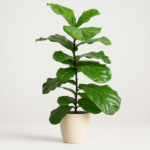
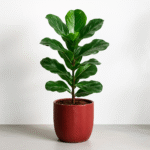
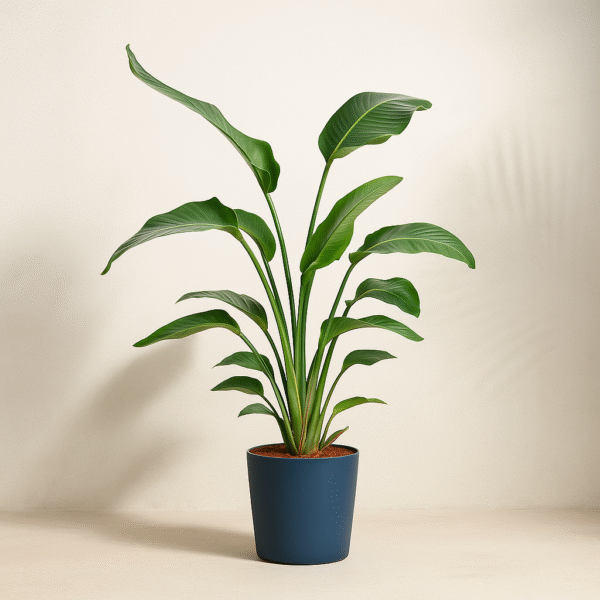

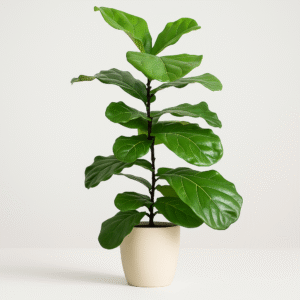
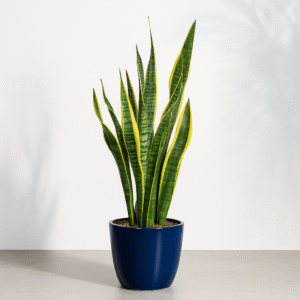
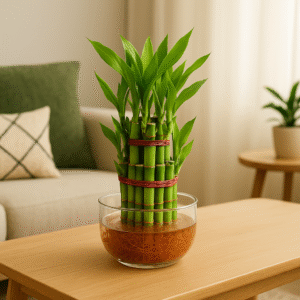

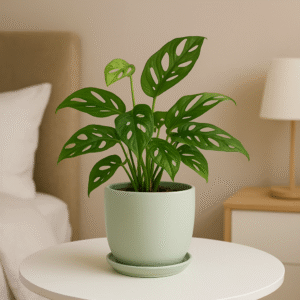
Reviews
There are no reviews yet.